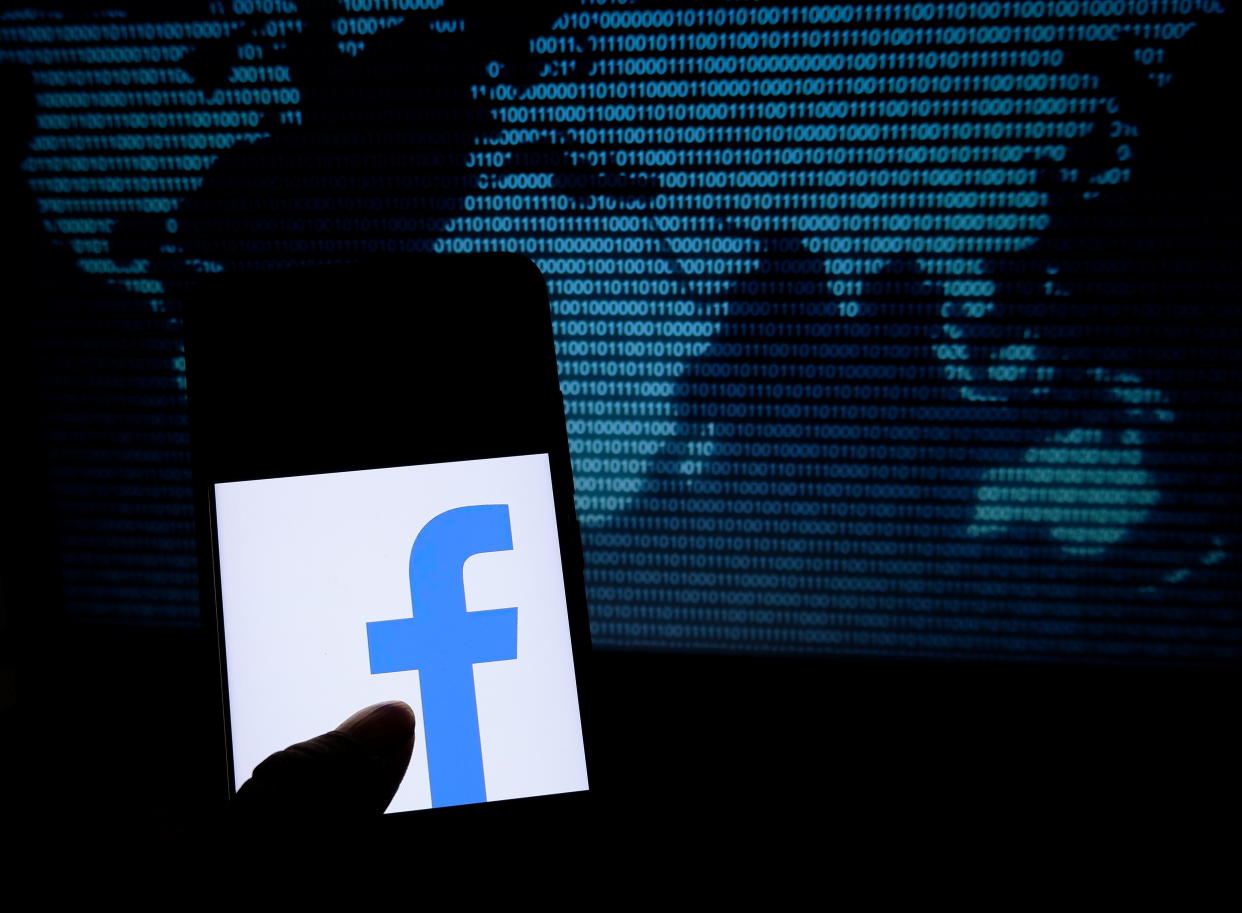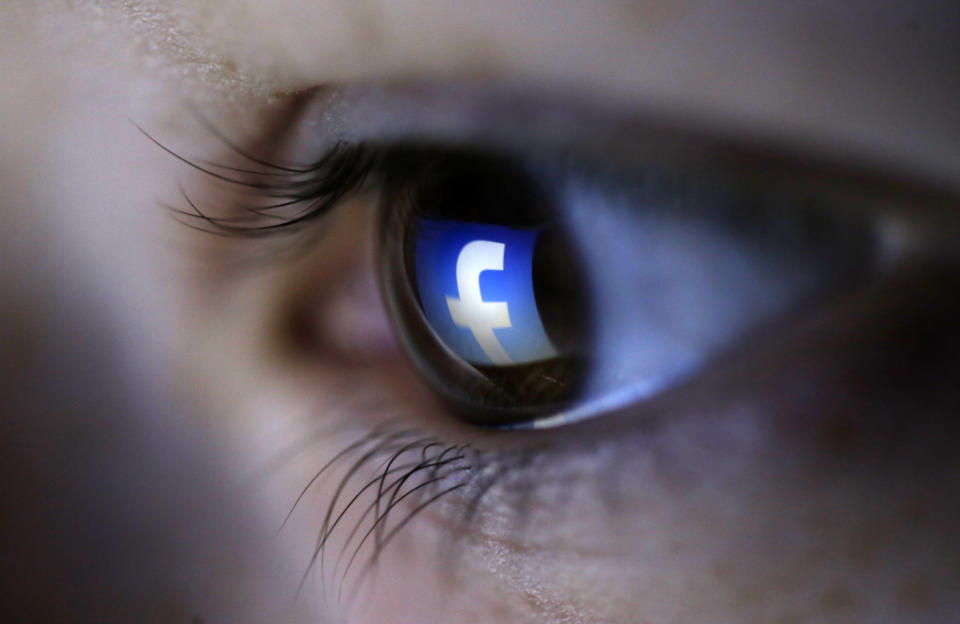Facebook is one step closer to paying billions in facial recognition tech suit

Facebook, Inc. (FB) lost a federal court request Thursday to derail a class action lawsuit alleging that its facial recognition software violated Illinois law. The 9th Circuit Court of Appeals ruling put the case one step closer to a trial that could expose the company to billions of dollars in liability.
The case stems from a 2015 complaint originally filed by Facebook users in Illinois who say the social media giant violated the Illinois Biometric Information Privacy Act (IBIPA), a 2008 law that protects the biometric data of Illinois residents.
Plaintiffs claim that Facebook’s “Tag Suggestions” feature, which suggests the names of friends to make tagging photos easier, runs afoul of the IBIPA. For each negligent violation, the law provides for $1,000 in compensation and $5,000 for each reckless violation.
‘7 million violations’
There are 7 million Facebook users in Illinois, Shawn Williams, attorney for the plaintiffs told Yahoo Finance.
“That doesn't mean that every user in Illinois was violated, but there’s approximately 7 million, so it's just a function of the math that if there are 7 million violations then the number ends up being pretty big,” Williams said.

If each Illinois Facebook user were granted compensation for a single reckless violation, for example, statutorily-imposed damages would total $35 billion.
“Our lawsuit is based on the collection of the biometric data, without users consent, that allow the Tag Suggestion feature to actually function,” Shawn Williams said. “It is powered by users’ biometric data.” The lawsuit, which was transferred from Illinois to California, alleges that Facebook did not disclose or get consent concerning the collection and storage of biometric data.
Does Facebook collect and store face geometry?
From the court’s Thursday ruling, Facebook can request that the 9th Circuit re-hear its argument, which it is not obliged to grant. To the extent that there is no additional appellate review, Williams said, he expects the case will be set for trial in the U.S. District Court in San Francisco.
In its order denying the parties’ requests for summary judgment, the District Court wrote, “Plaintiffs’ case turns in large measure on whether Facebook collects and stores scans of face geometry.”
Facebook, the court noted, argues that its technology has no express dependency on human facial features, while the plaintiffs said the technology necessarily collects scans of face geometry because it uses human facial regions to process, characterize, and ultimately recognize face images.
If the class action is ultimately allowed to go forward against Facebook, potential damages will be calculated by statute, alone.
“This isn’t one of those cases where you could get punitive damages,” Williams said, referring to additional damages meant to punish companies for violating the law.
Yahoo Finance reached out to Facebook for comment concerning the court's decision and did not receive an immediate response.
Alexis Keenan is a reporter for Yahoo Finance and former litigation attorney. Follow Alexis on Twitter @alexiskweed.
Read the latest financial and business news from Yahoo Finance
Follow Yahoo Finance on Twitter, Facebook, Instagram, Flipboard, SmartNews, LinkedIn, YouTube, and reddit.

